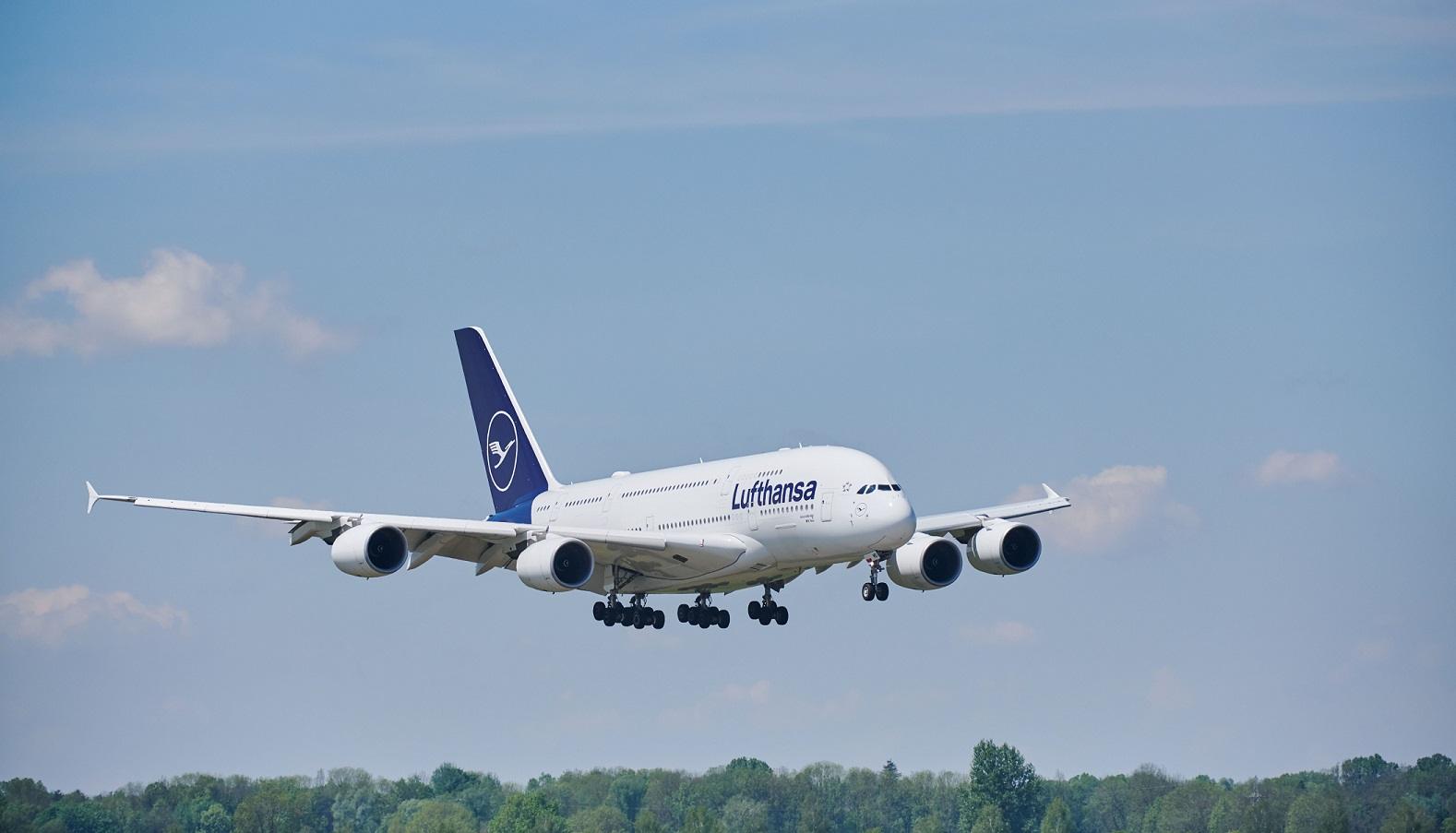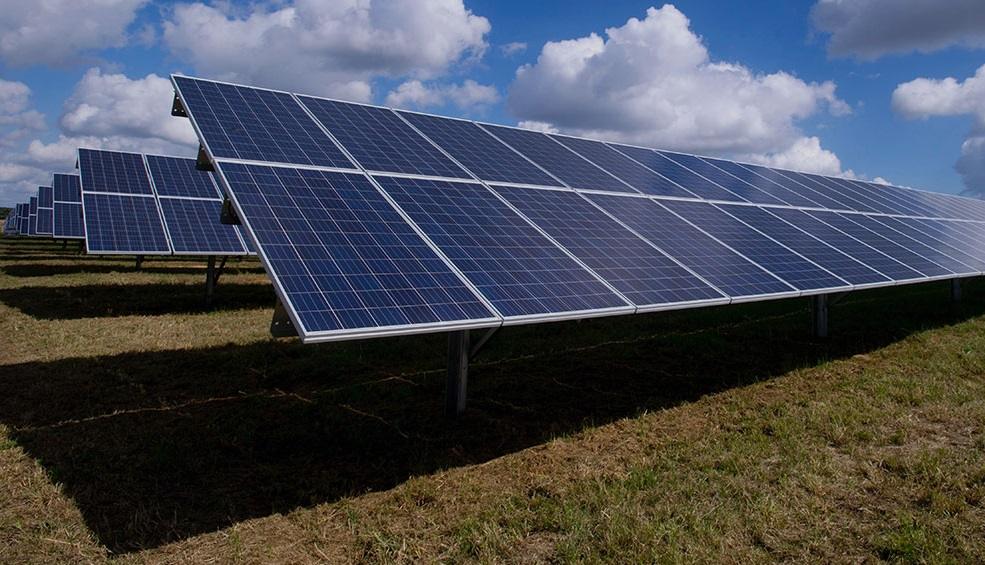Shell, Lufthansa Announce One of the Largest-Ever Sustainable Aviation Fuel Deals
Shell and Lufthansa announced today plans to enter a supply agreement for 1.8 million metric tons of sustainable aviation fuel, marking one of the largest commercial SAF deals to date, and the largest for either of the companies to date.
Under the terms of the potential agreement, Shell would supply as much as 594 million gallons to Lufthansa at airports around the globe. According to the companies, the deal would contribute to both Shell’s ambition for at least 10% of its aviation fuel sales by SAF by 2030, and Lufthansa’s goal to “promote the availability, market ramp-up and use of SAF as an essential element for a CO2-neutral future of aviation.”
Katja Kleffmann, Head of Fuel Management Supply Lufthansa Group, said:
“We are happy to enhance our long standing global business with Shell by signing this MoU. As an industry we have to work jointly towards making flying more sustainable and to achieve net-zero carbon emissions by 2050. Shell is very experienced with the global handling of Jet fuel and that is one key element for our trust for smooth operations of Sustainable Aviation Fuel, too.”
The deals come as the aviation industry is facing increasing scrutiny as a significant source of GHG emissions, responsible for 2-3% of global emissions, with that figure set to rise dramatically over the coming decades if no action is taken. SAF is seen by market participants as one of the key tools for the industry to address its climate impact, as it generates significantly lower lifecycle carbon emissions – up to 80% lower – relative to conventional jet fuel.
The SAF under the potential supply agreement may be produced by up to four different approved technology pathways and a broad range of sustainable feedstocks. While most current SAF is produced from biogenic residues, such as used cooking oils, Shell noted that there is ongoing R&D to find ways to produce SAF from sources such as hydrogen or captured CO2.
Jan Toschka, President, Shell Aviation, said:
“SAF is the most significant way to decarbonise aviation over the decades to come. Our relationship goes beyond commercial arrangements – it is strategic and aligned regarding the view that SAF holds the key to achieving a sustainable aviation future.”





